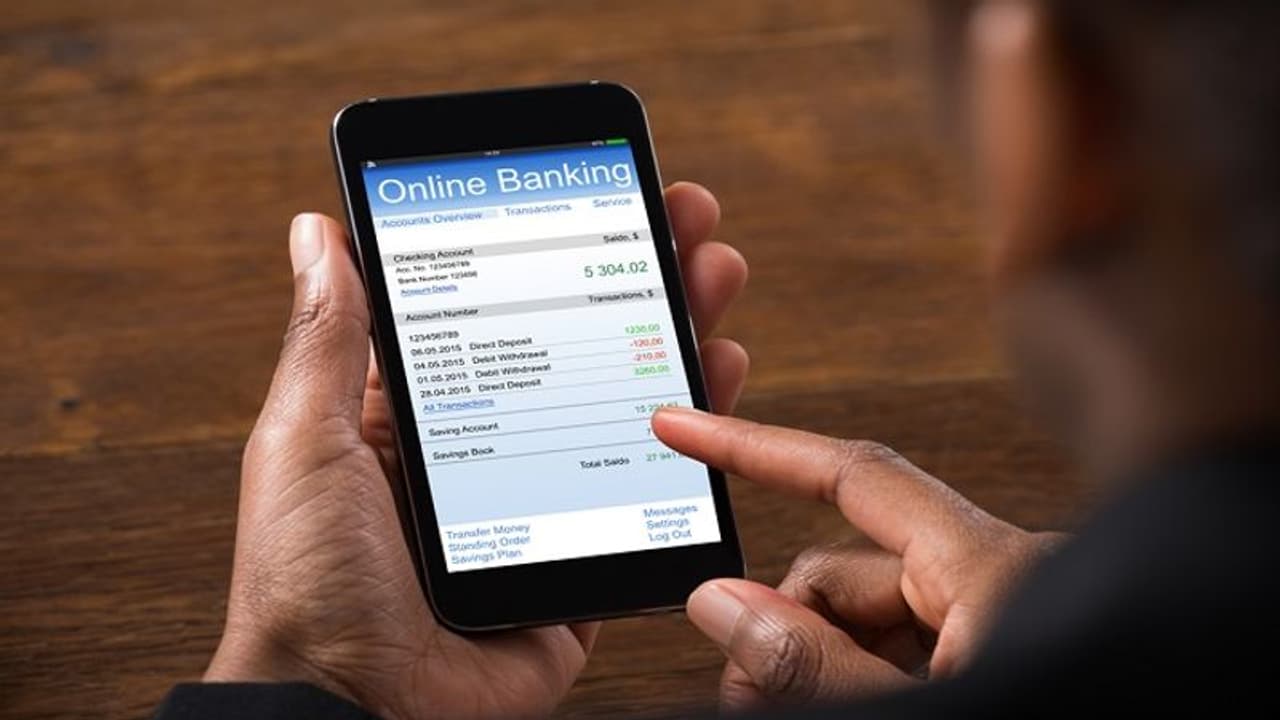Choose electronically (email) contract notes/financial statements if you are computer knowledgeable and have your own email account.
Online fraud can happen anytime and anywhere. To protect its rising fraud with rapid digital penetration, NSE has a list of advice for its investors on how to be safe.

1) Dealing should be made with the registered intermediaries. Before making an investment, check the registration certificate of the intermediary. This enables recourse to regulatory action.
2) Fixed/guaranteed/regular returns/ capital protection schemes should be avoided. Brokers or their authorised individuals or any of their associates are not permitted to offer fixed/guaranteed/regular returns/capital protection on your investment, nor are they permitted to engage in any loan agreement with you to pay interest on the money you offer. If your broker defaults, claims for funds or securities delivered to the broker under any arrangement/ agreement of indicative return will not be accepted by the Exchange.
3) Please make sure that you fill in all the required details in the 'KYC' document on your own and receive a duly signed copy from your broker of your 'KYC' documents. Carefully check all the documents and conditions that have been agreed upon and accepted by you.
4) Keep the updated contact details with the stockbroker, that is, Mobile Number and Email ID. Mobile number and Email are mandatory, and you should provide the same to your broker to update in Exchange records. If you are not receiving messages from Exchange/Depositories regularly, immediately take the matter to the Stock Broker/Exchange.
5) Choose electronically (email) contract notes/financial statements if you are computer knowledgeable and have your own email account.
6) Take note of all emails/SMSs received from the Exchange for trades done by you. Confirm the same with the Contract notes/Statement of accounts received from your broker and report a discrepancy to your broker in writing immediately. If the Stock Broker fails to respond, please take this up with the Exchange/Depositories forthwith.
7) Review the account settlement frequency chosen. If you have chosen a running account, make sure that your broker settles your account and provides you with a statement of accounts regularly, at least once every 90 days (or 30 days if you have opted for 30 days settlement). In the event that your broker defaults, claims for more than 90 days will not be accepted by the Exchange.
8) Verify Consolidated Accounts Statement (CAS) regularly received from Depositories and reconcile with your trades/transactions.
9) Make sure that your pay-out funds/securities are received in your account within one working day from the date of pay-out. In addition, make sure that you receive Contract Notes in 24 hours of your trades.
10) On NSE's official website, the trade verification facility is also available, which you can access to verify your trades executed.
11) Don't keep idle funds with Stock Broker. Please keep in mind that the Exchange will not accept claims for funds without transactions on the Exchange in the matter of a broker default.
12) Brokers are not permitted to accept securities transfers as margin. Securities offered as margin/collateral MUST be held in the client's account and can be pledged to the broker. Clients may not place any securities with the broker, an associate of the broker, or an authorised person of the broker for any reason. The broker may take only securities belonging to clients to settle securities sold by the client.
13) Do not fall victim to fraudsters who send emails and SMSs enticing you to trade stocks/ Securities with the promise of huge profits.
14) Be aware while executing the PoA (Power of Attorney), particularly all the rights that the stockbroker can exercise and the time frame for which the PoA is valid. It is to be noted that the PoA is not a mandatory requirement as per SEBI / Exchanges.
15) Keep checking messages sent by Exchanges weekly regarding funds and securities balances reported by the trading member. If you notice a discrepancy, immediately raise a concern to the Exchange.
16) Don't ever share your password with anyone, the internet account passwords.
17) Please do not transfer funds for trading purposes to anyone other than a SEBI registered stockbroker, including an authorised person or a broker associate.
Also Read: Former NSE chief Chitra Ramkrishna's custody extended till April 11
Also Read: Co-location case: Delhi court sends Chitra Ramkrishna to 14-day judicial custody
Also Read: Oops moment: National Stock Exchange shares Mouni Roy's 'breathtaking' photos
